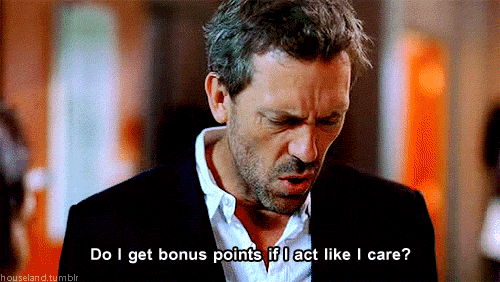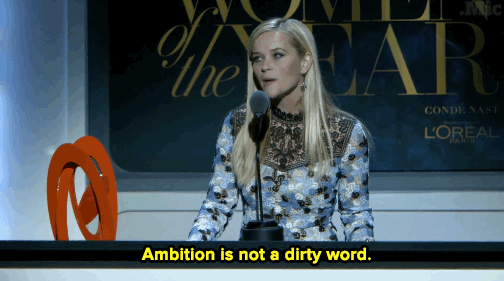
This post was written by an external contributor. A 10,000 word essay might seem like a daunting task, but if you use it as a way of boosting your employability, you’ll be killing two birds with one stone. Susannah Keogh talks how you can use your dissertation to further your career prospects and land your dream graduate job.
You’ve been putting it off all summer but come September there’s no denying it: the dreaded dissertation time is here. Unless you’re planning a career in academia after finishing university, it’s easy to just see the dissertation as a mammoth hurdle to overcome in your quest for a 2:1, rather than something which could be beneficial in its own right for your career. Follow these four top tips and your dissertation won’t just be a footnote on your CV anymore.
Tailor your dissertation to your interests

Let’s be honest, it’s very tempting to try and take a short-cut when planning your dissertation topic. Picking a question very similar to what you’ve studied before, sticking to what you know in the hope it’ll pay off with that all important 2:1. But before you rush into the planning and re-reading those old essays, think about what you’re really interested in and where you want to end up after university. Maybe you’re a politics student who has ambitions of working in the charity sector? A dissertation on the benefits of international aid organisations working abroad, then, would be far more beneficial to your future career than a question looking at the UK electoral system (as fascinating as that sounds).
If you really care about the topic you’re writing on, chances are it’ll be reflected in the finished product. So not only will you end up with a 2:1 or more, but you’ll also have written about something which will be of interest to future employers.
The power of interview
Something I didn’t realise until I started my dissertation was how useful it can be to interview other people who are influential or experts in the sector you’re researching- and it’s a lot more interesting and useful for your career prospects than just sitting in the library with a stack of books for company. It depends on what subject you study, but interviews can be a great way to forge connections in the industry you want to work in after university. Writing a dissertation gives you access to people you would never have been able to interview before.
In my dissertation looking at child sexual exploitation in the UK, I was able to interview the journalist who uncovered the Rotherham and Rochdale sexual abuse scandals. Aside from totally geeking out over interviewing my journalist hero, it also proved incredibly eye-opening and useful for my dissertation, giving me first hand information I wouldn’t have been able to get from books and journal articles.
Even better, it gave me a vital link between my degree subject and the career I want to go into. At a recent interview for a journalism bursary, the interviewers were actually incredibly interested in hearing about my dissertation and I have no doubt that it helped me to be successful in my application.
Find your niche

I’m not going to lie, this is harder than it sounds. But finding your niche, that area you really care about and becoming a total expert on this will add kudos to any CV, and could lead to more opportunities within the sector. Narrowing in not just on a particular sector but on a little known area within that, shows employers your ambition and passion in the subject goes beyond just an average interest. It’s very easy to talk the talk, but you’ve actually gone above and beyond to show your passion.
Get them skills
“Employable skills”- ah, that buzzword you’re probably sick of hearing about. We all know the main ones- analysis, reasoning, independent study, motivation etc- but your dissertation is a real life way to put them into meaningful practise. It’s the only piece of work you’ll do almost completely on your own whilst at university, with very little guidance to speak of. How’s that for independent study?
Instead of forgetting all about your dissertation after it’s finally submitted, remember to use it to show prospective employers that you have all those skills they’re asking for, and more.
Connect with Debut on Facebook, Twitter, and LinkedIn for more careers insights.


